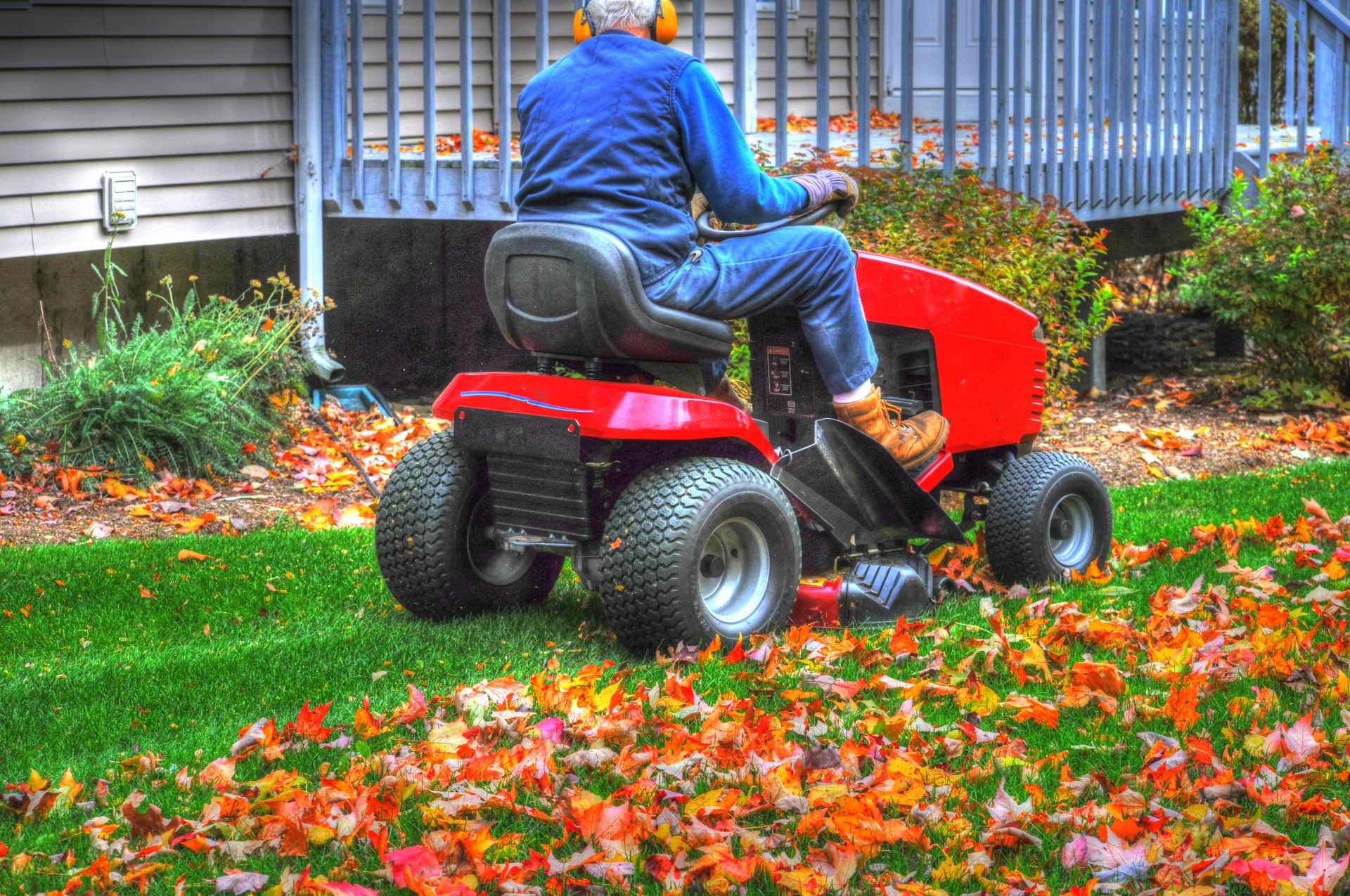Top Benefits of Using Mulch in Gardens

Top Benefits of Using Mulch in Gardens
Mulch is a gardener's best friend. It's like the secret sauce that makes your garden thrive. Whether you're a seasoned green thumb or just starting out, understanding the benefits of using mulch in gardens can transform your garden care routine. Let's dive in and explore why mulch is so essential.
Why Mulch Matters
Mulch isn't just a pretty face; it's a workhorse in your garden. It helps maintain soil temperature, retains moisture, and even keeps weeds at bay. But that's just the beginning. Let's break down the top benefits.
Moisture Retention
One of the primary benefits of using mulch in gardens is its ability to retain moisture. Think of it as a protective blanket for your soil. It slows down evaporation, ensuring your plants get the hydration they need, especially during hot summer months.
Soil Temperature Regulation
Mulch acts like a natural insulator, keeping the soil temperature consistent. This is crucial for plant growth. In the summer, it keeps the soil cooler, and in the winter, it helps retain warmth. It's like giving your plants their own climate-controlled environment.
Weed Control
Weeds are every gardener's nightmare. They steal nutrients and water from your plants. Mulch blocks sunlight from reaching weed seeds, preventing them from germinating. It's like having a natural weed barrier without the hassle of constant weeding.
Nutrient Retention
Organic mulch breaks down over time, adding valuable nutrients to the soil. It's like giving your plants a slow-release fertilizer. This improves soil health and promotes plant growth.
Erosion Prevention
Mulch helps prevent soil erosion by protecting the soil from heavy rain and wind. It keeps your soil in place, ensuring your plants have a stable foundation to grow.
Types of Mulch
Not all mulch is created equal. There are different types, each with its own benefits.
Organic Mulch
Organic mulch includes materials like wood chips, straw, and compost. These materials break down over time, enriching the soil with nutrients. It's a win-win for your garden.
Inorganic Mulch
Inorganic mulch includes materials like gravel, landscape fabric, and rubber mulch. These materials don't break down, so they don't add nutrients to the soil. However, they are long-lasting and can be a good choice for certain landscaping needs.
How to Apply Mulch
Applying mulch correctly is key to reaping its benefits. Here are some tips:
Preparation
Before applying mulch, make sure your garden is weed-free. Remove any existing weeds and rake the soil to create a smooth surface.
Application
Spread a layer of mulch evenly across your garden. Aim for a depth of about 2-3 inches. Be careful not to pile mulch against the stems of your plants, as this can cause rot.
Maintenance
Mulch needs to be replenished periodically, especially organic mulch, which breaks down over time. Check your mulch layer regularly and top it up as needed.
Common Mulching Mistakes
Even the best gardeners make mistakes. Here are some common mulching errors to avoid:
Too Much Mulch
Applying too much mulch can suffocate your plants and prevent water from reaching the soil. Stick to the recommended depth of 2-3 inches.
Volcano Mulching
Piling mulch around the base of trees and shrubs, known as "volcano mulching," can cause rot and disease. Keep mulch a few inches away from the base of your plants.
Using the Wrong Mulch
Choose the right type of mulch for your garden needs. Organic mulch is great for vegetable gardens, while inorganic mulch might be better for pathways or decorative beds.
The Environmental Impact of Mulch
Mulch isn't just good for your garden; it's good for the environment too. By reducing water usage and preventing erosion, mulch helps conserve natural resources. Plus, organic mulch recycles plant material, reducing waste.
Mulch and Pest Control
Mulch can also play a role in pest control. Some types of mulch, like cedar chips, naturally repel pests. However, it's important to choose the right type of mulch, as some can attract pests if not managed properly.
Mulch and Aesthetics
Beyond its practical benefits, mulch can also enhance the aesthetics of your garden. It creates a neat, finished look and can add a pop of color or texture. Think of it as the final touch that ties your garden together.
Conclusion
The benefits of using mulch in gardens are undeniable. From moisture retention to weed control, mulch is a game-changer in garden care. It's like giving your plants a superhero sidekick. So, why not give it a try? Your garden will thank you.
For more detailed information on mulching, check out this comprehensive guide from Gardeners.com.
FAQs
How often should I replace my mulch?
- Organic mulch should be replaced annually, as it breaks down over time. Inorganic mulch can last much longer but may need to be refreshed every few years.
Can I use grass clippings as mulch?
- Yes, grass clippings can be used as mulch. They are high in nitrogen and break down quickly, adding nutrients to the soil.
Is it okay to mulch in the winter?
- Yes, mulching in the winter can help insulate the soil and protect plant roots from freezing temperatures.
What is the best type of mulch for vegetable gardens?
- Organic mulch, such as straw or compost, is best for vegetable gardens. It breaks down over time, adding nutrients to the soil.
Can mulch attract pests?
- Some types of mulch can attract pests if not managed properly. Choose the right type of mulch and maintain it regularly to avoid pest issues.
0 Response to " Top Benefits of Using Mulch in Gardens"
Post a Comment